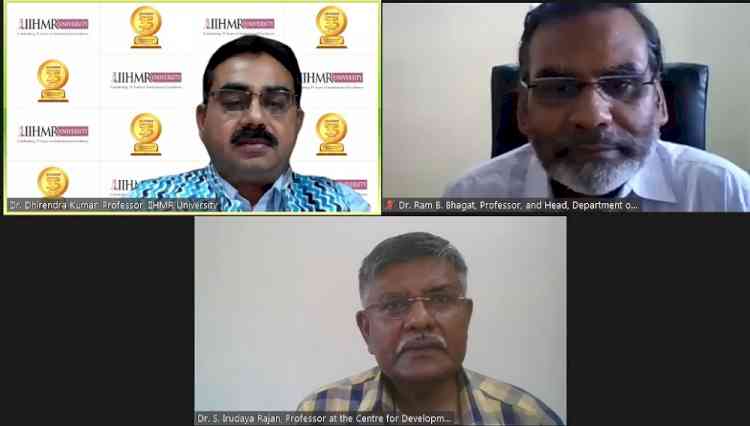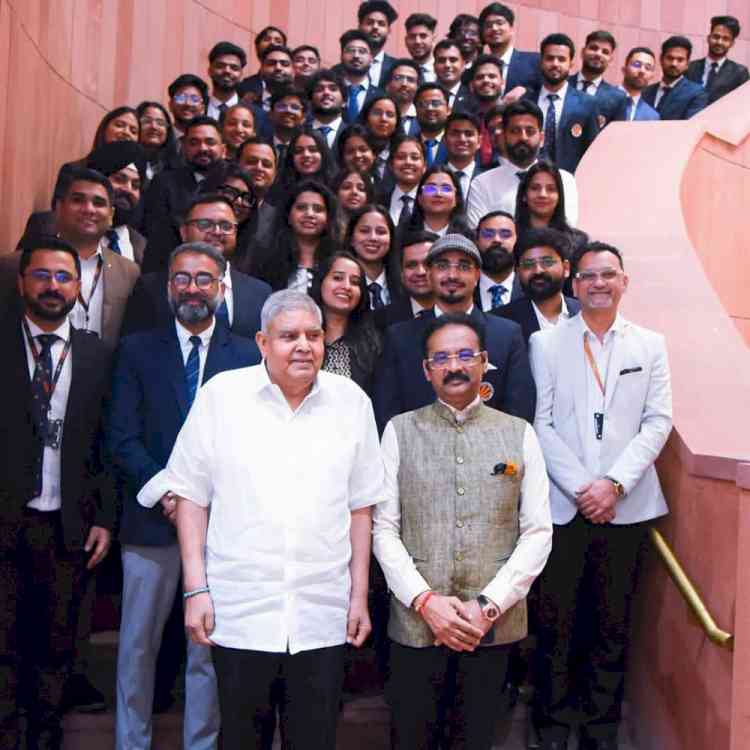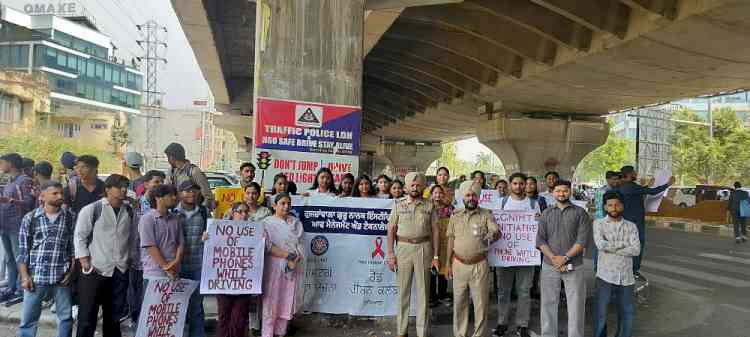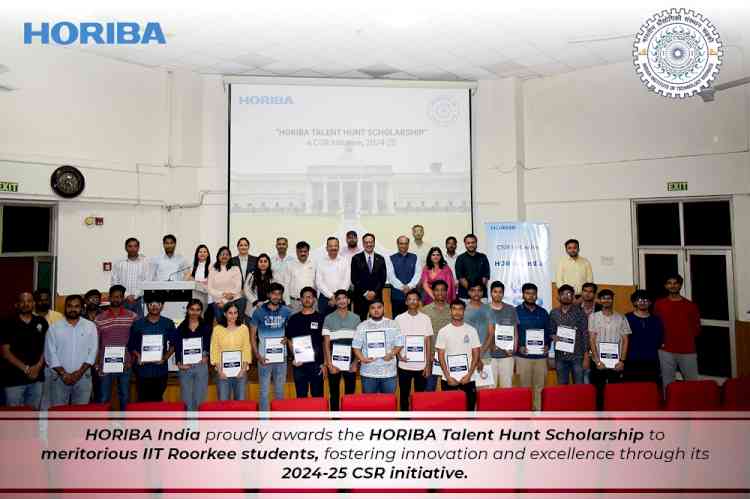It is time to recognize identity of migrants as there are more questions than answers
Urgent need of separate policy for migrants especially, in rural areas to maintain equality

Jaipur: As India failed its own citizens especially migrants, COVID-19 bought the issue of migration in limelight in India, 1 out of 3 Indians are migrants ; coronavirus is now turning into a “disease of migration” said Dr. S. Irudaya Rajan, Professor at the Centre for Development Studies, Thiruvananthapuram, Kerala who is one of the panelist at the webinar on COVID-19 Pandemic: Consequences and Challenges of Reverse Migration of Labours in India organized by IIHMR University, Jaipur. The panel of the experts also include Dr. Ram B. Bhagat, Professor, and Head, Department of Migration and Urban Studies, International Institute for Population Sciences (IIPS), Mumbai, India, and Dr. Dhirendra Kumar, Kumar, Ph.D., Professor, IIHMR University, Jaipur.
Dr. S. Irudaya Rajan who has been studying internal and external migration patterns during COVID-19, said, “The exodus of migrants due to the lockdown will hit this vulnerable class the most. If, the migrants could go back to their own place of origin at the time of the announcement of Janta curfew, we would be able to avoid this current situation. Since, the infections were not much in the initial days of lockdown, migrant labours can be given basic mode of transport for their travel. Due to this, massive reverse migration, 30% of the migrants will not go back where they were working. Cities like Mumbai, New Delhi, Hyderabad, Bangalore will face labour crunch as the employers treated them badly. There could be issues of migrant suicide in future”
Dr. Irudaya further said, “To bring migrants back to work, employers should pay them 2-month arrears and 3 months advance salary in their bank accounts and should apologies for their bad behaviour. Government should intervene and identify bad employers and ask them to shut their business. There is nothing for the migrants in the recent 20 lakh crore relief package announced by Central Government, as migrants for them are not the one who voted them.”
Dr. Ram B. Bhagat, Professor, and Head, Department of Migration and Urban Studies, International Institute for Population Sciences (IIPS), Mumbai, India said, “There is an urgent need to integrate migration into rural development. The 3 lack cr. package given to MSME, should be encouraged to setup their operation rural areas. Issues of rural connectivity, rural planning, facilities for running business and development of area should be immediately addressed, so that migrants are able to survive.”
He further said, “It’s time to recognize the identity of migrants like there is an identity of poor. The migrating community should be paid at least Rs.6000 per month, as there is no short-term policy for them. Even urban policies and programs never included migrants in their purview. There is a big question on their area of belonging, whether it is origin or destination. The people who are in the process of reverse migration are mostly daily wage workers who are doing dangerous, demeaning, and difficult work and should be called as City Makers but they even lack in statistical inclusion. Till date everyone is in fear that migrants can carry the disease to rural areas, but let’s be clear that they are not carriers but victims”
Dr. Dhirendra kumar, Kumar, Ph.D., Professor, IIHMR University Jaipur said, “The imposition of the lockdown as a measure to contain the exponential progression of the COVID-19 pandemic has hit the unskilled, and semi-skilled migrant worker’s the most. In the last few weeks, we have all been a witness to disturbing, nerve-wrenching, and bone - chilling images of the exodus of these marginal and invisible drivers of the informal economy of urban India.”


 cityairnews
cityairnews 








